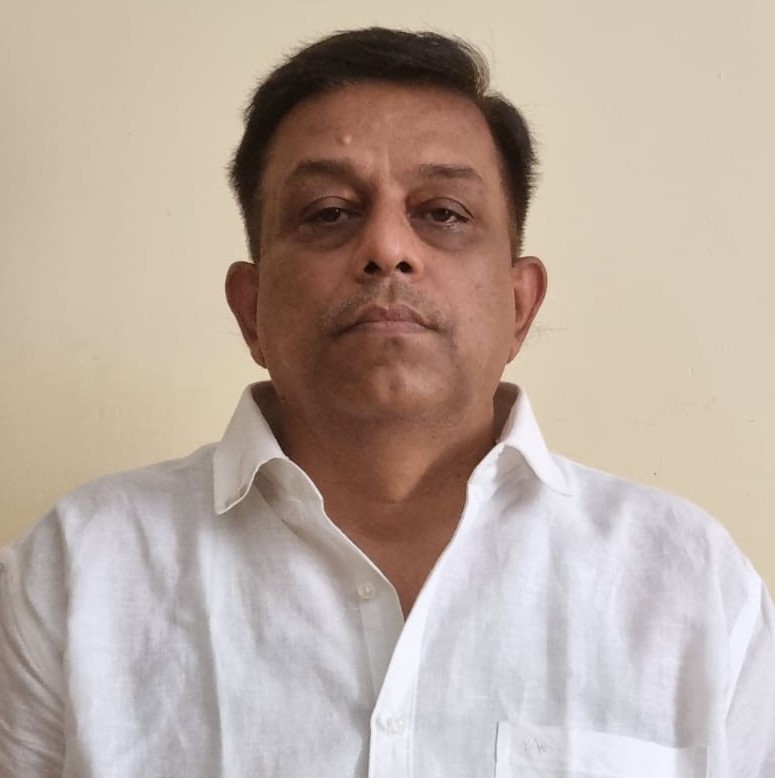Bangladesh Debates the Role of Fatwa
Extremists have begun to use the fatwa (religious edict) as a major tool to violate womens rights in Bangladesh as part of their attempt to propagate their ideology. With the increase in the number of victims to edicts issued by extremists, a debate has begun about the legality of the fatwa in the country.
Between 2000 and 2011, 503 women fell victim to fatwas issued accusing them of adultery. Most of these women were from rural areas, where their crimes were determined by influential local leaders and mullahs who, setting aside the laws of the land, have taken upon themselves the responsibility of dictating social and moral standards of behaviour, interpreting religion and meting out extra-judicial punishments. There have also been instances where women accused of “immoral behaviour” have been raped. The latest such incident occurred on January 31, 2011, when a 14-year-old rape victim Hena was ordered to receive 100 lashes as per a fatwa issued by a village imam, though the rapist, a relative, was not punished. The girl fainted half way through the flogging and later died.
The legal position about issuing Fatwas in Bangladesh is not clear. A landmark judgment issued by Mohammad Gholam Rabbani and Nazmun Ara Sultana in 2001 declared that the “legal system of Bangladesh empowers only the courts to decide all questions relating to the legal opinions on the Muslim and other laws as in force in Bangladesh.” That decision was, however, stayed by a Supreme Court order after seven people were killed in violent clashes between the police and demonstrators who had taken to the street against the verdict.
Subsequently, in August 2009, in response to a public interest litigation filed by some human rights organisations – the Local Government, Rural Development and Cooperatives (LGRD) – law-enforcment agencies and union parishads and pourashabhas (local bodies) were directed by a High Court to take immediate measures against extra-judicial penalties in salish (arbitration), which has been used as a form of mediation in rural Bangladesh. The court directed the authorities concerned to take punitive action against people involved in enforcing fatwa against women. It also observed that infliction of brutal punishment including caning, whipping and beating at the local level of arbitration, by persons devoid of judicial authority, constitutes violation of the constitutional rights.
Despite this verdict, Islamic clerics are found presiding over courts that use Sharia Law and issue Fatwas to deal with extra-marital relationships, rape and other domestic matters. This practice prevails in remote villages to which police do not have quick access.
After the Hena incident, in a suo moto rule, a High Court in Bangladesh has directed law enforcement authorities to report the steps they have taken to prevent extra-judicial punishment. The High Court also ordered district officials in Shariatpur to explain their reasons for failing to prevent the 14-year-old rape victim from being whipped to death as per the Fatwa issued. Another High Court bench has ordered the information ministry to run a media campaign to create awareness among people against extra-judicial punishment.
For their part, religious fundamentalists have threatened to launch a massive countrywide movement if the government moves to ban the Fatwa. Mufti Fazlul Haque Amini, the leader of Islami Oikya Jote (IOJ), a group believed to have links with al-Qaeda, declared that “Fatwa is an Islamic right. Banning Fatwa will be an anti-Islam act.”. At the same time, he also noted that village arbitrators have no jurisdiction to deliver a Fatwa. Only the Islamic courts do. And experts, like muftis (interpreters of Islamic law), can only suggest solutions to a social issue in line with the Sharia Law but cannot force others to follow them. Amini also reiterated his support for the provision of lashing and amputation in fatwa for theft. He branded the Chief Justice a “non-Muslim” for giving a speech in which the judge had praised a Hindu goddess. He also criticised the country’s existing education policy, judicial system and the government move to ban the Fatwa, and described the education minister, the law minister and the law-maker Rashed Khan Menon, as atheists.
A section of people in Bangladesh believes that those in favour of the fatwa have a specific political, social and cultural agenda. And the demand to prohibit the Muslim clergy from issuing Fatwa is gathering momentum in the country. It is now being realised that the fundamentalists are misinterpreting Islam. They are also violating the existing High Court ruling on Fatwa and violating the law against violence targeting women and children. Clearly, the existence of a law itself is not enough and social mobilisation against such evils is needed to prevent Fatwa-instigated crimes, particularly in remote areas where the reach of law is limited.




